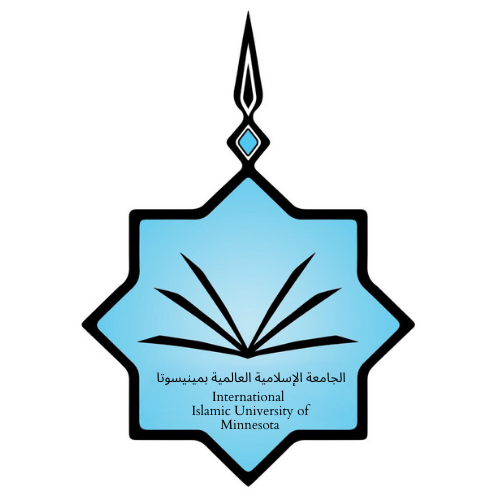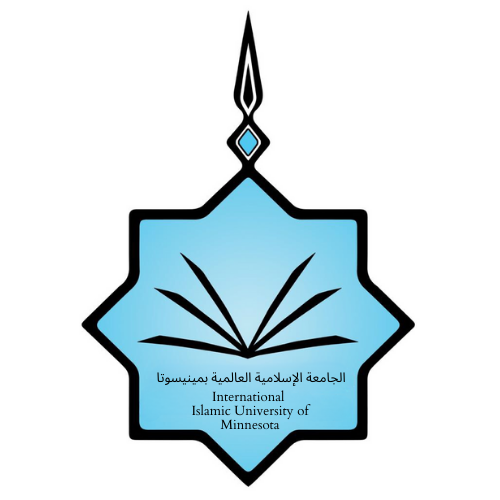Section 1. Objective
IUM aims to foster an environment of academic excellence, intellectual growth, and personal development. This policy is designed to facilitate the enrollment of qualified students, regardless of race, color, religion, national origin, gender, or disability.
Section 2. Admissions Criteria
Admission to the Islamic University of Minnesota is competitive. Selection is based on a comprehensive review of the applicant's high school transcript or GED diploma, personal statement, letters of recommendation, and A copy of your valid passport or ID.
Section 3. Eligibility
For the Undergraduate Degree Programs:
- High School Diploma or Equivalent
- Personal Statement
For the Graduate Degree Programs:
- College or University Diploma and Transcripts: Applicants must have completed an undergraduate degree, while a master's degree is a prerequisite for Ph.D. programs.
- Personal Statement
- Letters of Recommendation
Section 4. Application Process
Applicants must submit a completed application form via our online application system, including the necessary supporting documents:
- Official high school or College or University Diploma and Transcripts
- Letters of recommendation
- Personal statement
- A copy of your valid passport or ID
Section 5. Deadlines
We review applications year-round and meeting deadlines is important for consideration, especially for classroom courses.
Section 6. Transfer Students
Students seeking to transfer from other recognized institutions must submit official transcripts from all previously attended colleges or universities. Transfer credits will be evaluated according to the IUM’s transfer credit policy.
Section 7. Notification
Once an application is complete and has been reviewed, the Admissions Office will notify the applicant of their admission status.
Section 8. Right of Refusal
The IUM reserves the right to deny admission to any applicant who, in the judgment of the Admissions Committee, is not in the best interest of the university community.
The Islamic University of Minnesota is committed to a policy of equal opportunity and does not discriminate based on race, color, national origin, religion, sex, age, disability, or veteran status in its programs and activities.



